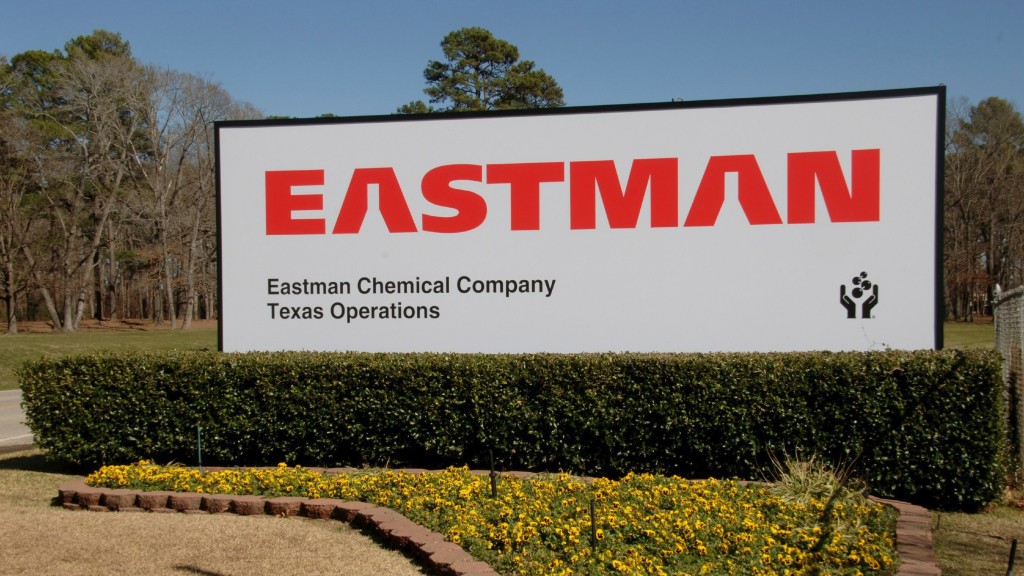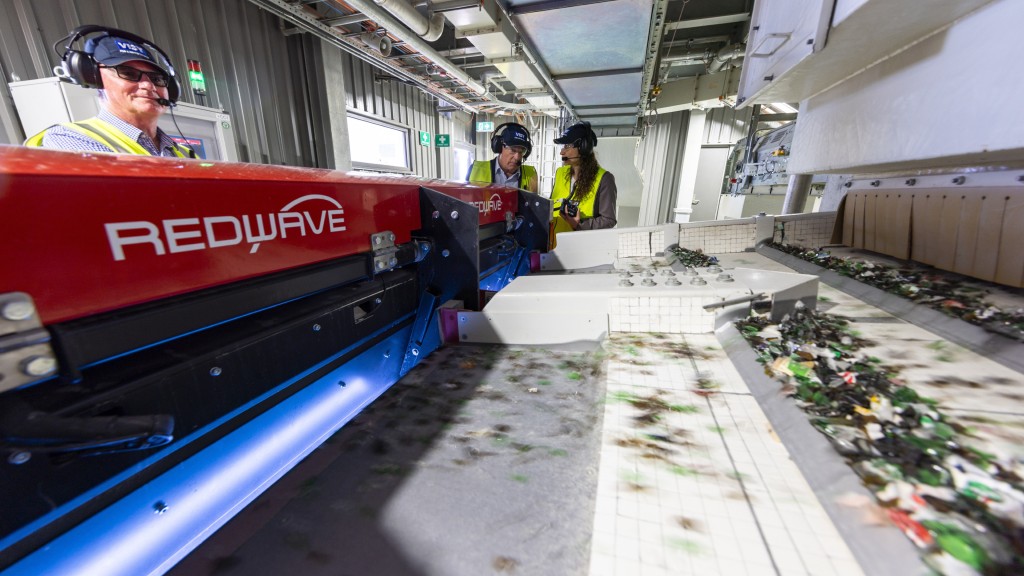Eastman to build second U.S. molecular recycling plant in Texas
DOE investment enables Eastman to progress plans of new molecular recycling facility

Eastman has named Longview, Texas as the site for its second U.S. molecular recycling facility.
Eastman's second U.S. molecular recycling project has been selected by the Department of Energy (DOE) to begin award negotiations for up to $375 million in Bipartisan Infrastructure Law and Inflation Reduction Act funding as part of the Industrial Demonstrations Program (IDP). The DOE announcement led to Eastman's choice to build a second U.S. molecular recycling facility at its location in Longview, Texas.
Eastman's investment in the Longview site
Eastman selected the Longview site due to synergies with existing infrastructure and operations, favourable energy supply and footprint, and access to western and central U.S. feedstock pools. The location also provides enough space for onsite renewable energy. The investment includes operations that will prepare mixed plastic waste for processing, Eastman's molecular recycling unit to depolymerize waste, and a polymer facility to create virgin-quality materials for packaging and textiles. The Longview molecular recycling facility will have the capacity to recycle approximately 110,000 metric tonnes of hard-to-recycle plastic waste.
The investment is expected to bring over 200 full-time jobs to the Longview community in addition to approximately 1,000 temporary construction jobs during site development and building of the facility. Eastman has operated in the Longview community for over 70 years and currently has over 1,500 team members.
"We are excited to build our second U.S. world-scale molecular recycling facility at our existing site in Texas," said Mark Costa, board chair and CEO. "The plant will remove significant waste from the region, enable true circularity, and set a new benchmark for decarbonization. We have decades of history successfully operating in Longview, and this will be a great investment for the local community."
Incentives from the U.S. Department of Energy and the State of Texas
Eastman was selected by the DOE to accelerate the demonstration of low-carbon intensity recycled PET with this project. Reaching a collaborative agreement with the DOE enables the expansion of the project to include the deployment of thermal heat batteries and onsite solar power. This, combined with Eastman's methanolysis technology, achieves a step-change improvement in decarbonizing PET production resulting in recycled PET with greater than 70 percent reduced carbon emissions compared to fossil virgin production, and approximately 90 percent reduced carbon emissions when including avoided emissions.
Eastman's planned project in Longview is aligned with the DOE's goal of catalyzing industry changes to a low-carbon future. Also, as part of the award from the DOE, the company plans to support the renovation of a community centre to be used as a hub for community outreach, workforce training and development, and other ongoing needs of its community partners.
"We are honoured to be selected by the DOE to help fund this important project," Costa continued. "The commitment helps us to further invest in the local community with a comprehensive community benefits plan. The support of these partners is a testament to our technology and the difference we can make for future generations."
Eastman also obtained significant state and local tax incentives in support of the project totalling approximately $70 million.
Eastman's polyester renewal technology recycles hard-to-recycle plastic waste bound for landfill or incineration. The company's technology allows this waste to be broken down into its molecular building blocks and then reassembled to become virgin-quality material without compromising performance. Eastman says that it is enabling the potentially infinite use of materials by keeping these molecules in production, in a material-to-material high-yield loop. Eastman can transform waste plastic into virgin quality food contact polyesters with lower greenhouse gas emissions than traditional methods.



